| Weight | 1 lbs |
|---|---|
| Dimensions | 9 × 5 × 2 in |
| accession | P16627 |
| express system | E.coli |
| product tag | biotin at C-terminal |
| purity | > 97% by SDS PAGE |
| molecular weight | Predicted Molecular Mass: 10,219.5471 Da Extinction Coefficient: 19,300 M-1 cm-1 Actual Molecular Mass: 10,219.5471 Da by ESI Mass Spec |
| available size | 10 µg, 100 µg, 2 µg, 50 µg |
| endotoxin | <0.01 EU per 1μg of the protein by the LAL method |
Biotinylated Hemofiltrate CC chemokine-1 (HCC-1/CCL14) 8021
Price range: $134.00 through $3,368.00
Summary
- Expression: E.coli
- Amino Acid Range: 28-93
Biotinylated Hemofiltrate CC chemokine-1 (HCC-1/CCL14) 8021
| protein |
|---|
| Database link: human P16627 |
| Size and concentration 2, 10, 50, 100µg and lyophilized |
| Form Lyophilized |
| Storage Instructions Avoid repeated freeze-thaw cycles: • 12 months from date of receipt, -20 to -70 °C as supplied. • 1 month, 2 to 8 °C under sterile conditions after reconstitution. • 3 months, -20 to -70 °C under sterile conditions after reconstitution |
| Storage buffer ​Reconstitution: Spin sample prior to reconstitution. Recommended concentration of 100µg/mL in sterile water. Shipping: Room Temp |
| Purity > 97% by SDS PAGE and HPLC |
| target relevance |
|---|
| Hemofiltrate CC chemokine-1(HCC-1/CCL14) is endogeneously expressed by numerous tissues. Upon processing of the N terminal residues of the full length HCC-1 by the uPA-plasmin system, the active form of HCC-1 is a strong agonist for CCR1, CCR5 and to a lesser extent CCR3, and causes chemotaxis of different types of leukocytes. The active form of HCC-1 is also shown as a potent inhibitor of HIV entry. |
| Protein names Heat shock 70 kDa protein 1-like (Heat shock 70 kDa protein 1L) (Heat shock 70 kDa-like protein 1) (Spermatid-specific heat shock protein 70) |
| Gene names Hspa1l,Hspa1l Hsc70t |
| Protein family Heat shock protein 70 family |
| Mass 70637Da |
| Function FUNCTION: Molecular chaperone implicated in a wide variety of cellular processes, including protection of the proteome from stress, folding and transport of newly synthesized polypeptides, activation of proteolysis of misfolded proteins and the formation and dissociation of protein complexes. Plays a pivotal role in the protein quality control system, ensuring the correct folding of proteins, the re-folding of misfolded proteins and controlling the targeting of proteins for subsequent degradation. This is achieved through cycles of ATP binding, ATP hydrolysis and ADP release, mediated by co-chaperones. The affinity for polypeptides is regulated by its nucleotide bound state. In the ATP-bound form, it has a low affinity for substrate proteins. However, upon hydrolysis of the ATP to ADP, it undergoes a conformational change that increases its affinity for substrate proteins. It goes through repeated cycles of ATP hydrolysis and nucleotide exchange, which permits cycles of substrate binding and release. Positive regulator of PRKN translocation to damaged mitochondria. {ECO:0000250|UniProtKB:P34931}. |
| Tissues TISSUE SPECIFICITY: Expressed in spermatids. |
| Structure SUBUNIT: Interacts with PRKN. {ECO:0000250|UniProtKB:P34931}. |
| Domain DOMAIN: The N-terminal nucleotide binding domain (NBD) (also known as the ATPase domain) is responsible for binding and hydrolyzing ATP. The C-terminal substrate-binding domain (SBD) (also known as peptide-binding domain) binds to the client/substrate proteins. The two domains are allosterically coupled so that, when ATP is bound to the NBD, the SBD binds relatively weakly to clients. When ADP is bound in the NBD, a conformational change enhances the affinity of the SBD for client proteins. {ECO:0000250|UniProtKB:P34931}. |
| Target Relevance information above includes information from UniProt accession: P16627 |
| The UniProt Consortium |
Data
Publications
| pmid | title | authors | citation |
|---|---|---|---|
| We haven't added any publications to our database yet. | |||
Protocols
| relevant to this product |
|---|
| Migration assay |
Documents
| # | ||
|---|---|---|
| Please enter your product and batch number here to retrieve product datasheet, SDS, and QC information. | ||
Only logged in customers who have purchased this product may leave a review.
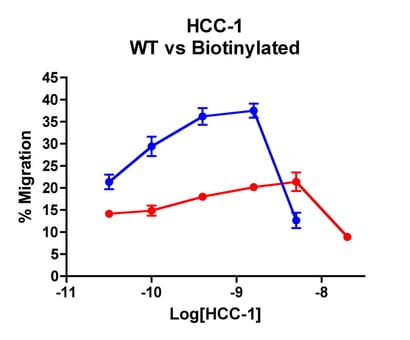
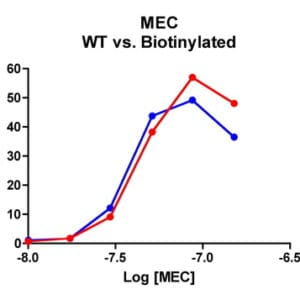
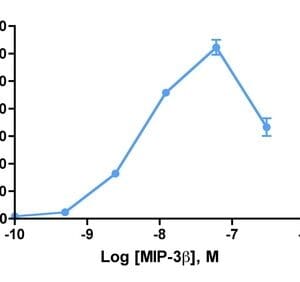
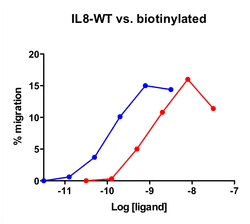

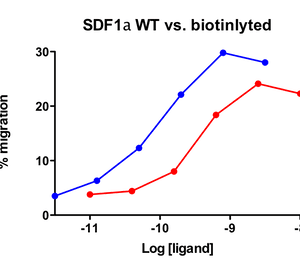
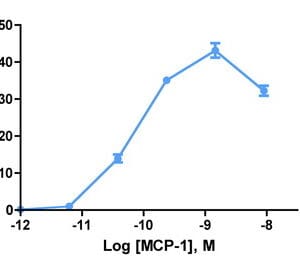
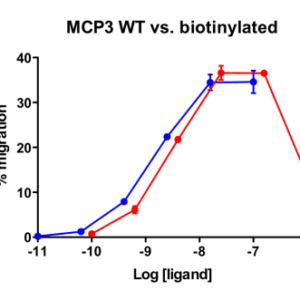
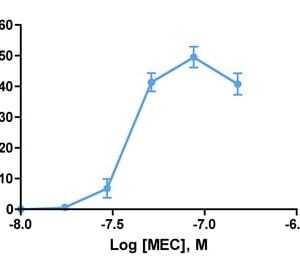
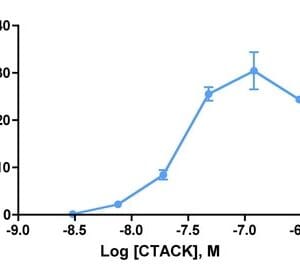
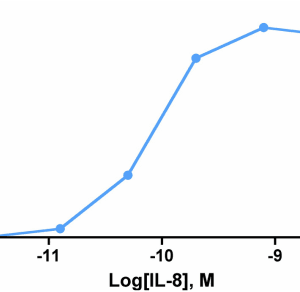
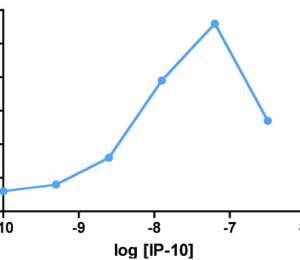
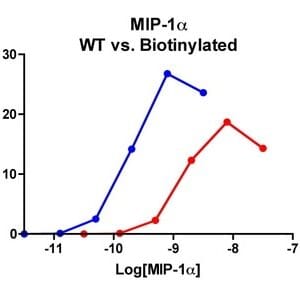
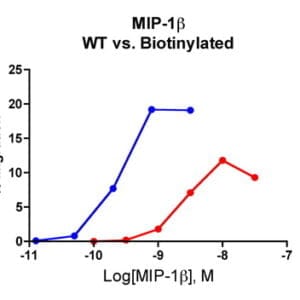

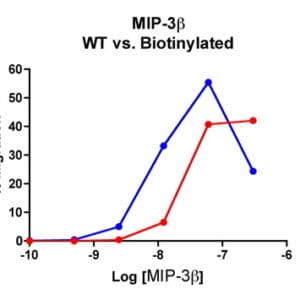
Reviews
There are no reviews yet.